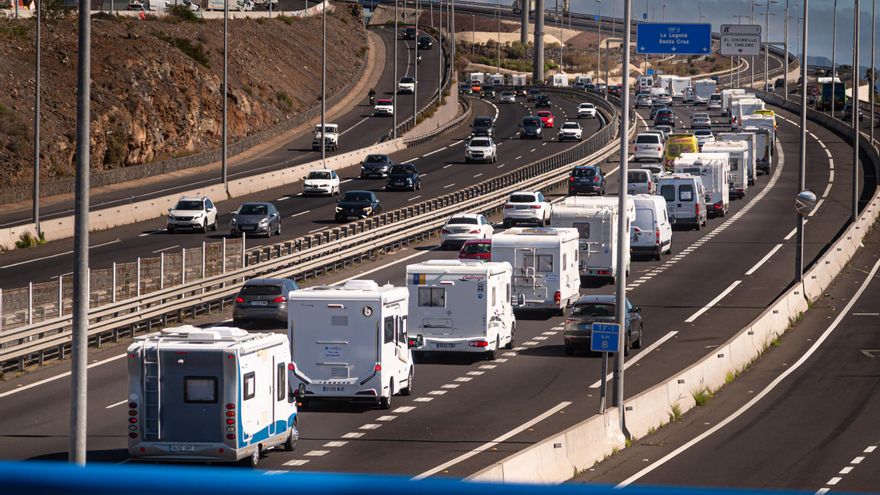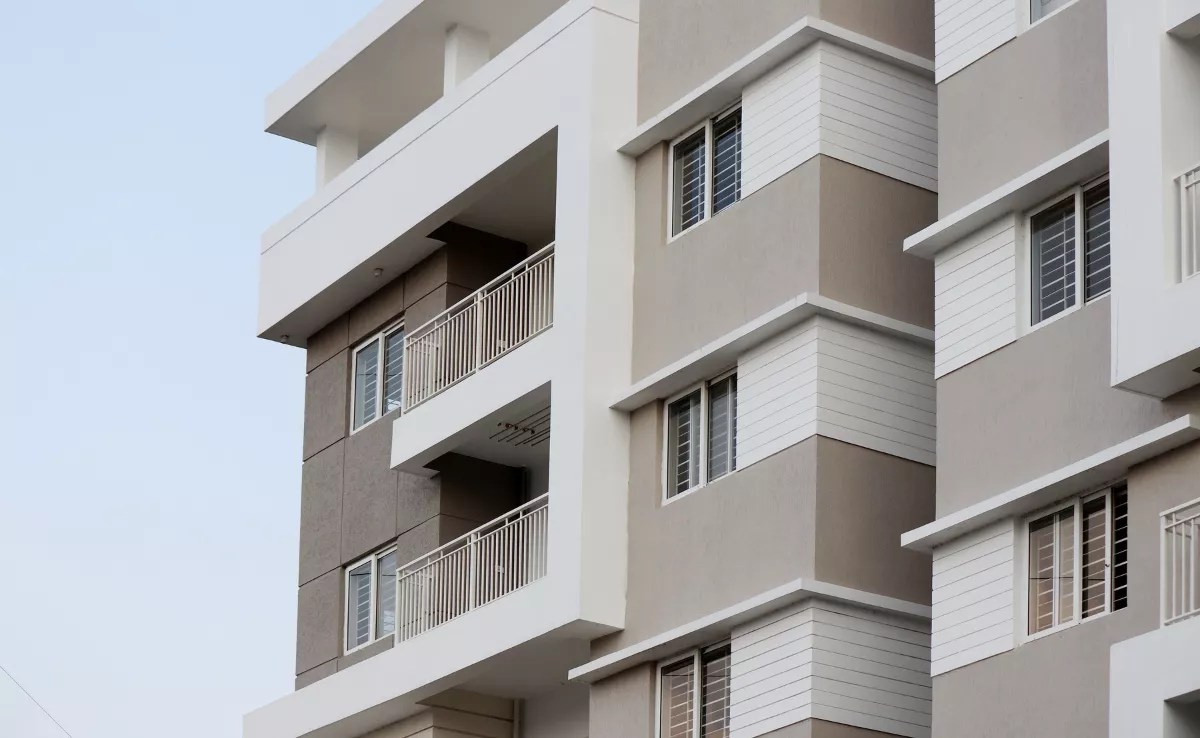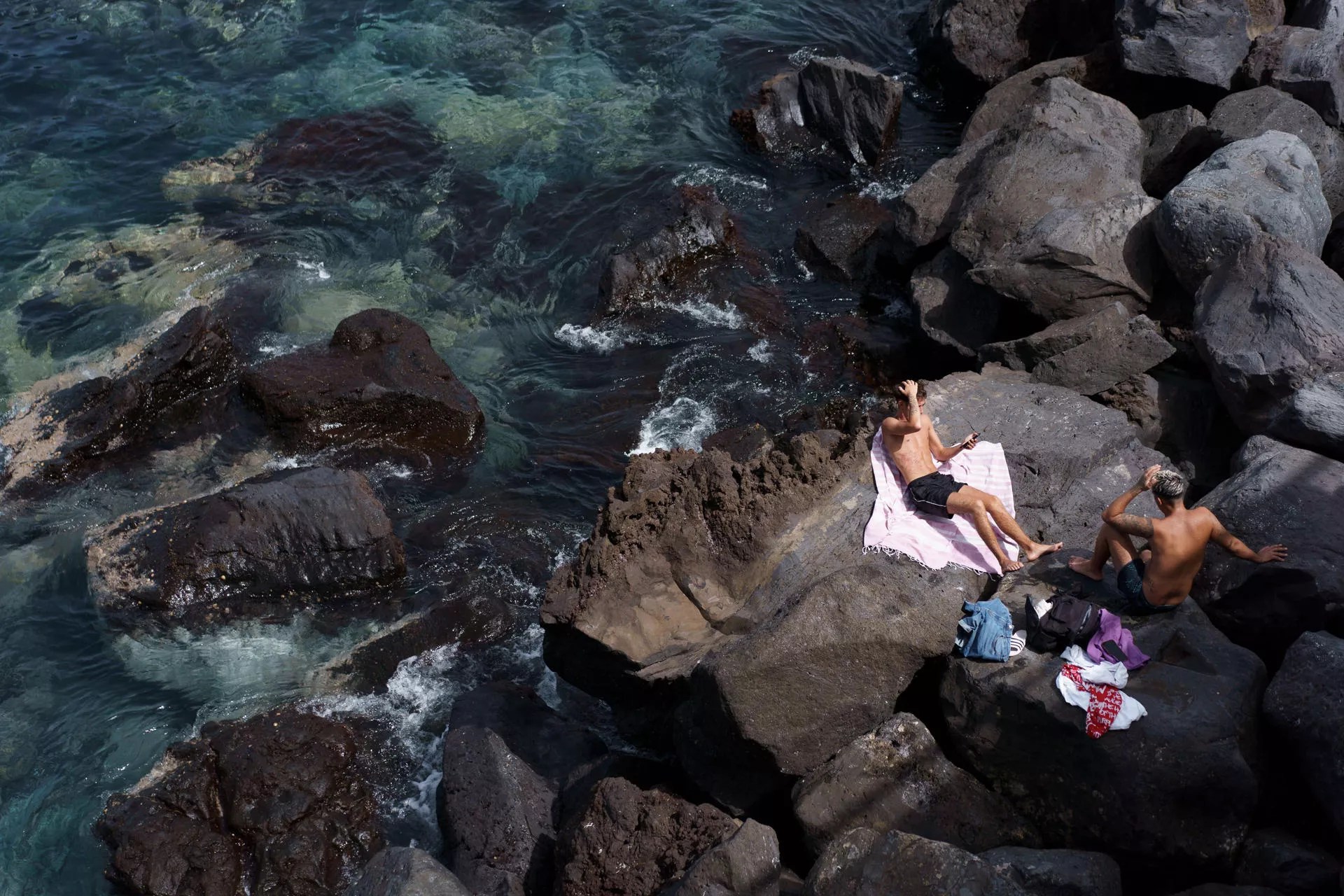
Approximately 350 vehicles took to the main routes of the island on Saturday to express their dissatisfaction regarding what they perceive as discrimination against motorhome users. The rally, which departed without incident from the El Gomero Service Station in The chafiras, travelled along the southern motorway to the Palmetum area in the capital. From there, they went through the tunnel under Avenida Tres de Mayo and continued on the North Motorway before steering back south via the TF-2, which reconnects with Santa María del Mar. This protest saw a similar demonstration take place on the neighbouring island of Gran Canaria, where an additional five hundred vehicles participated.
The grievances of motorhome drivers in Tenerife are numerous, yet they coalesce around a singular sentiment: a profound sense of “persecution” by various authorities.
Juan Martín, President of the Association of Autocaravan and Camologas of the Canary Islands (Acat), articulated the concerns of this community. “Just because they are not new, our demands are still relevant,” he asserted. “They have not listened to us,” he added.
Illegal Signage
To commence with, drivers of these vehicles are denouncing the existence of illegal and discriminatory signs that target motorhomes. “These are signs stating ‘prohibited access for caravans’ which, beyond being discriminatory, are humiliating; they are scattered all over the island,” he explained.
Moreover, the caravan enthusiasts highlighted newly introduced parking spaces intended for these vehicles; however, in reality, these areas are tailored for vans such as the Volkswagen California. “They are marking out parking spaces that are five metres in length, while a motorhome is typically a minimum of six metres long. The width is similarly inadequate, set at nine metres instead of the necessary 2.20 metres,” he elaborated. Although this issue is prevalent in various locations, Martín identified the municipality of Candelaria as a particular example.
This limitation on parking, they argue, exemplifies further evidence of discriminatory treatment. The situation is echoed by the height restrictions in parking areas, which fall below the average height of a motorhome: while such vehicles generally measure around three metres tall, the height barriers are often set at a maximum of two metres. This issue becomes particularly concerning in “open-pit” parking facilities, they noted.
“They treat us as if we were criminals,” stated Martín, who went on to elaborate on what they view as their most pressing demand: a legislative overhaul permitting “rustic non-use lands to be modified into basic or superior zones for motorhomes and campers with the necessary permits; this would significantly alleviate the flow of motorhomes.”
Martín reminded that, in their capacity as drivers, they are subject solely to the General Circulation Regulations and the General Directorate of Traffic. “They deny us the ability to exercise our rights, which include parking in public areas like all other vehicles,” he concluded. The spokesperson for the group expressed gratitude for the efforts made by the Civil Guard and the Local Police during the rally and caravan.
In the meantime, following the gathering convened by ACAT, the Santa Cruz de Tenerife City Council announced its intention to collaborate with the Cabildo de Tenerife to create “suitable” parking facilities for motorhomes. Thus, the capital becomes the first municipality to voice support for regulating the presence of these vehicles on public roads.
Conversely, from the Cabildo de Tenerife, the vice president and head of tourism, Lope Afonso, reminded that the Autonomous Community is currently engaged in revising the “regulatory framework concerning alternative tourism modalities, which includes camping and caravaning.”
“It is logical to refrain from launching a definitive ordinance from the Cabildo when any of its vital contents may be affected by that law. The most prudent approach is to adjust the island’s regulations in line with the requirements of that new legislation, and in a subsequent phase, tackle the planning and execution of rest areas for motorhomes across the island,” Afonso declared, thus outlining the path to address the demands of the group that marched on Saturday along two of Tenerife’s principal thoroughfares.















